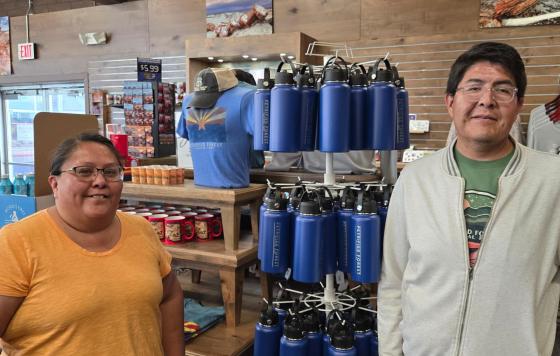
The 2016 Maryland General Assembly session opens today, kicking off a frenetic 90 days during which Clean Water educates legislators and connects our members to their representatives. We expect 2016 to be a decisive session for a number of our longstanding campaigns and we need YOU to help us make good things happen.
Our 2016 legislative priorities focus on a number of issues critical to the health and safety of a number of our most vulnerable neighbors:
- Reducing Mercury Exposures: Mercury acts a powerful neurotoxin in humans and wildlife, with children and pregnant woman in greatest danger. We will phase out two main mercury-containing product classes: electric switches and relays that several states have already eliminated; and “wheel weights” - an optional aftermarket product designed to be fastened to the rims of large trucks. The risk of a toxic mercury release is simply not worth it when safer alternatives are readily available.
- Environmental Justice: Reducing Environmental Degradation for the Underserved through Community Engagement (The REDUCE ACT) - This bill promotes effective information-sharing and engagement between communities, industry, and government when limited types of new air pollution permits are being considered. In overburdened communities, a permit applicant will be required to publish the number of diesel truck trips needed per day to service the facility and to consult with the community.
- “Neonic” Pesticides: Neonicotinoid pesticides pose a serious risk to our health, local waterways, the Chesapeake Bay and wildlife - particularly honebees. Neonics also threaten aquatic life and have been linked to the deaths of molting blue crabs. The Pollinator Protection Act would seek to reduce the oversue of these bee-killing pesticides, such as restricting their consumer use.
- Sustainable Agriculture: We are part of a movement of Marylanders working together for a new food system — one that is fair to farmers, invests in homegrown healthy foods, and restores our waterways instead of polluting them. We must prohibit routine use of human antibiotics in farm animals that are not sick and require big corporations to take responsibility for the waste generated by chicken farming.
Please contact us if you are interested in any of these issues, and stay tuned for updates and email about how you can get involved!
Related Posts
Stay Informed
Get the latest updates and actions:
Thanks for signing up!
There was a problem processing your signup. Please try again.


